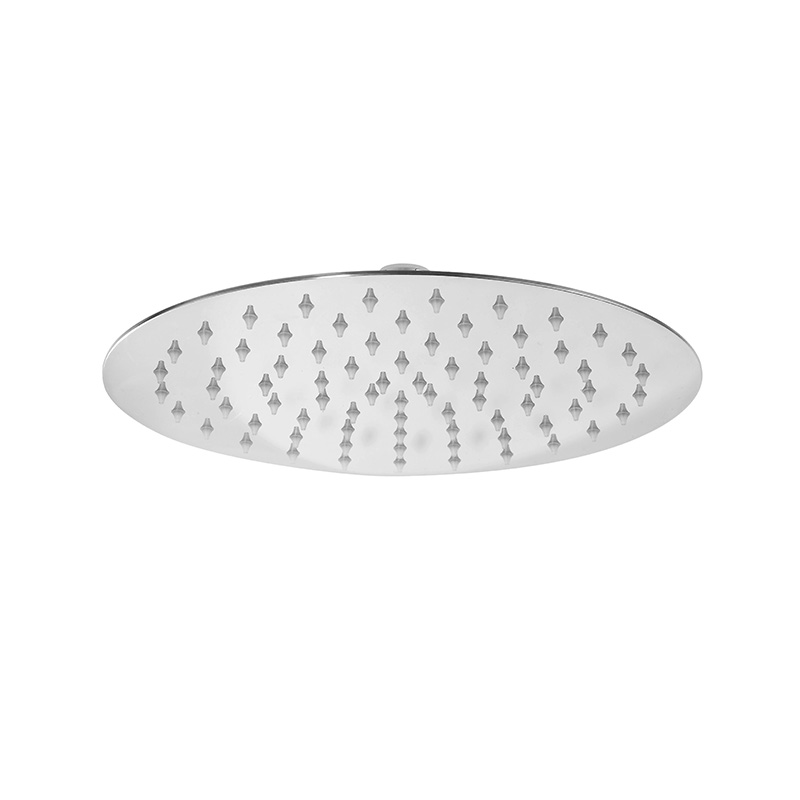Custom Cheap Modern Bathroom Fittings Sanitary Ware Manufacturer
In recent years, the focus on sustainability has become more pronounced across industries, and the sanitary ware sector is no exception. As concerns about environmental degradation and resource depletion continue to grow, consumers are increasingly seeking products that are both functional and environmentally responsible. To meet these demands, sanitary ware manufacturers are adapting to new trends in eco-friendly products. By embracing innovative materials, energy-efficient technologies, and sustainable production practices, these manufacturers are not only responding to consumer preferences but also helping to reduce their ecological footprint. This article explores how sanitary ware manufacturers are adapting to these trends, the challenges they face, and the potential benefits of this shift.

The sanitary ware industry, which includes products such as toilets, sinks, faucets, and showers, has long been criticized for its environmental impact. From water wastage to energy consumption in manufacturing processes, traditional sanitary products have contributed to a range of environmental issues. However, as global awareness of climate change and sustainability issues rises, consumers are beginning to demand more eco-friendly solutions.
This shift is not merely a passing trend; it reflects a larger societal move toward sustainability and environmental consciousness. The demand for eco-friendly products is growing, driven by the desire to conserve natural resources, reduce waste, and reduce harmful environmental effects. Sanitary ware manufacturers, recognizing this shift, are now finding ways to align their production processes and product offerings with the principles of sustainability.
Sanitary ware manufacturers are increasingly turning to innovative designs and materials to make their products more eco-friendly. One of the key areas where innovation is making a significant impact is water conservation. Traditional toilets and faucets are known to use large amounts of water, resulting in inefficiency and wastage.
This innovation is not limited to water-saving technologies. Sanitary ware manufacturers are also exploring the use of alternative materials that have a lower environmental impact. For instance, some Custom Bathroom Fittings Sanitarywares are using recycled materials in the production of sinks, bathtubs, and toilets. These materials are sourced from post-consumer products, reducing the need for raw materials and diverting waste from landfills.
While product design and material choices are important, sanitary ware manufacturers are also looking at how they can make their manufacturing processes more energy-efficient. Traditional production methods in the sanitary ware industry can be energy-intensive, especially when firing ceramics in kilns. High temperatures are required to shape and harden ceramic materials, which consumes a significant amount of energy.
Another area where manufacturers are focusing their efforts is waste reduction. The production of sanitary ware can generate a significant amount of waste, particularly in the form of broken ceramics or excess materials. Many manufacturers are now implementing recycling programs to reclaim and reuse materials, ensuring that less waste ends up in landfills. In some cases, these waste materials are incorporated into new products, creating a closed-loop system that reduces the need for virgin materials.
For sanitary ware manufacturers, embracing sustainability offers not only environmental benefits but also economic advantages. As consumers become more eco-conscious, they are likely to prioritize products that align with their values. By investing in sustainable practices, manufacturers can differentiate themselves in a competitive market and cater to the growing demand for environmentally responsible products.
Sanitary ware manufacturers are increasingly adapting to the trends of eco-friendly products as part of a broader push toward sustainability in the industry. Through innovations in design, materials, and manufacturing processes, they are offering solutions that reduce environmental impact while maintaining product quality and performance. While challenges remain, the move toward sustainability presents significant opportunities for manufacturers to meet consumer demand, reduce costs, and contribute to a more sustainable future. By embracing these changes, Cheap Modern Sanitary Wares are not only helping to preserve natural resources but also shaping the future of the industry in an environmentally responsible way.

 English
English 中文简体
中文简体 عربى
عربى Español
Español





